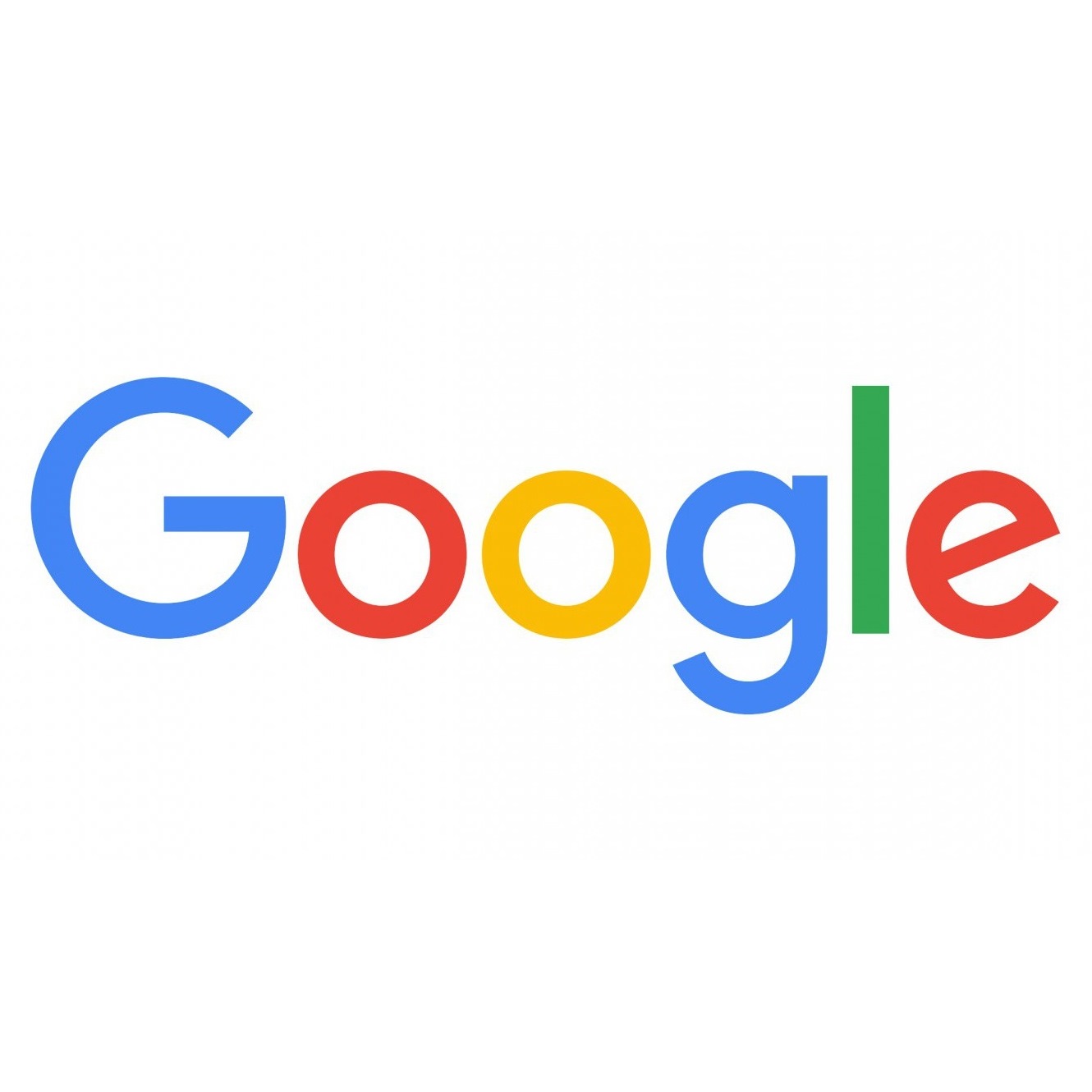
In a research note published on Tuesday, analyst James Dix at Wedbush Securities cut his rating on Alphabet Inc. (NASDAQ: GOOGL) from Neutral to Underperform and slashed Google parent’s price target from $840 to $700. Dix admits, “without fear of contradiction that this is a contrarian call, both as to sentiment and GOOGL’s current business momentum.”
The call is based on what Dix calls “The Four Horsemen of the Search Apocalypse.” These are self-identified customers, consumer control of internet-delivered advertising, innovation in payment schemes and attention markets.
Here’s how Wedbush sums this up:
Digitizing commerce and advertising is easing targeting of self-identified consumers and consumer control of [internet]-delivered ads, and thus user-priced attention gateways. To target the market of people in the market, conditioning “paid attention” on purchase could often substitute for search advertising. Payments innovations should facilitate more seamless settlement of incentives. Leveraging these trends, markets to price attention could supply more economic proxies for self-identified consumers, especially as data science better distinguishes among paths of switchers and loyalists. Attention markets could compete for marketing spending with search, other direct media (measured and unmeasured), and direct response uses of mass media, like addressable TV and performance display/video, pulling both B2B and B2C ad spending (Volvo has paid prospects for test drives).
Google, according to Wedbush, has shifted its mix of search traffic from organic to paid search primarily on the strength of its push into mobile search. The move to paid search has been a revenue and profit driver for Alphabet, but there two risks that Dix identified in the so-called attention markets:
First, the surge [in ad monetization] provides more evidence of the central importance of self-identified consumers in monetization at the end of the purchase funnel. Second, the more the mix of commercial search traffic shifts to paid advertising from organic results, the narrower a search engine’s moat is against other forms of competition for these self-identified consumers, particularly, in our view, against methods using consumer compensation as an advertising signal.
To underscore the second point, Wedbush notes that Apple Inc. (NASDAQ: AAPL) has filed patent applications for a digital wallet service that pays users to look at advertising. The rise of ad-blocking software, which now has a penetration rate of about 25% in the United States, is just one indicator of the market for paid attention.
Here’s Wedbush’s investment thesis on Alphabet:
Our rating on GOOGL shares is Underperform. Despite favorable near-term trends in mobile search advertising monetization, YouTube advertising growth, and profitability as well as its visibility (reflecting the Alphabet reorganization last year), we see underappreciated risks to search advertising as substantial enough to support our rating. Specifically, we assume that search engine advertising economics will be less attractive than expected because of: 1) new forms of competition to search from non-search services, including those which may offer “paid attention” features; and 2) continuing competition from vertical search/e-commerce platforms.
Risks to our investment thesis and the attainment of our 12-month PT include: greater-than-expected ad growth, or higher-than-expected margin; favorable M&A; legal, capital allocation and tech trends (including the failure of predicted threats to become material); and corporate governance given super-voting stock.
Upcoming catalysts include: search ad growth trends in 2H16, given cycling of some key improvements; YouTube growth trends, given flux from TV ad growth and social network gains; potential post-Brexit impact on growth in certain key geographies; greater clarity on margin trends in first year of segment reporting; and potential developments that could put pressure on search advertising economics, such as in consumer incentive targeting, ad blocking, and mobile payments technology.
Alphabet’s stock closed at $810.73 on Tuesday, up about 1% for the day in a 52-week range of $629.15 to $819.06. The consensus 12-month price target is $940.15.
Thank you for reading! Have some feedback for us?
Contact the 24/7 Wall St. editorial team.





